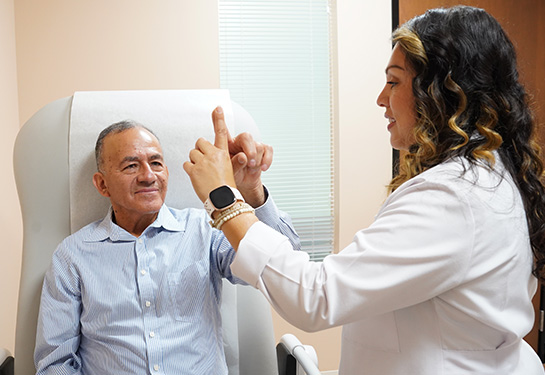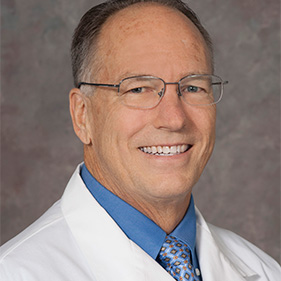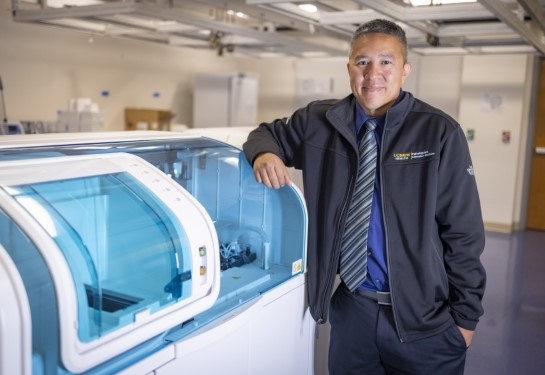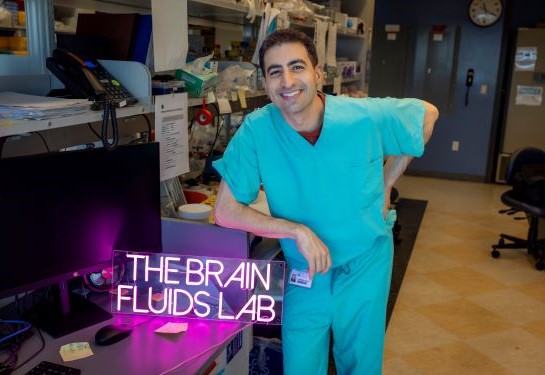Mary Oakley Foundation gives UC Davis Health $1 million for Alzheimer’s and dementia research
Gift will establish endowment to advance brain health
The Mary Oakley Foundation is giving $1 million to UC Davis Health to establish an endowed faculty fellowship in brain research, with a special focus on Alzheimer’s disease and dementia.
Charles DeCarli, distinguished professor of neurology and co-director of the UC Davis Alzheimer’s Disease Research Center, said the gift “will accelerate our efforts to unravel the complexities of Alzheimer’s and dementia … and improve the quality of life for millions of people worldwide.”
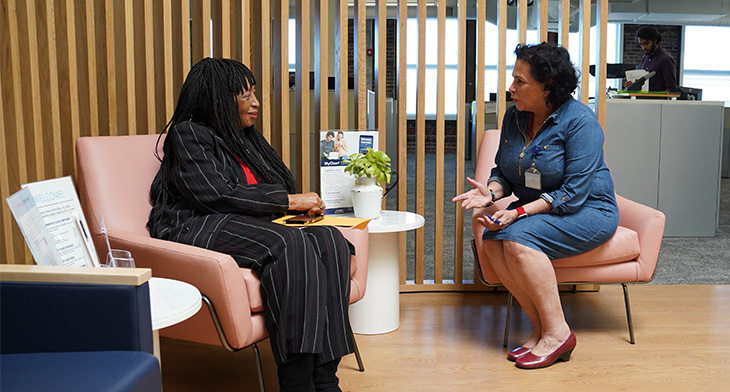
This Mary Oakley Foundation Endowed Faculty Fellowship in Neurodegeneration will support junior faculty. It will provide resources and mentorship to pursue innovative research projects that could lead to breakthroughs in understanding and treating memory-related disorders.
Mary Oakley Foundation CEO and Medical Director William C. Stivelman said he hopes it leads to new information about what causes these ailments to strike.
“I hope we gain clues that clear the path for a cure, or even a medication or therapy that effectively slows the onset of the disease, so that people can have an extended life with their loved ones and families,” Stivelman said.
Critical time to study brain health
Alzheimer’s and dementia are serious conditions. Millions of people worldwide suffer from dementia, a group of neurodegenerative diseases. The most common type is Alzheimer’s, which impacts memory, thinking and behavior over time.
As the global population ages, the prevalence of these diseases is expected to rise, making research in this field more critical than ever.
“Supporting this research is just as timely today as it was 30 years ago,” Stivelman said, “because we still don’t know anywhere enough about adult dementia.”
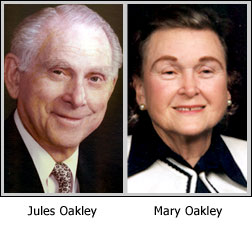
The Mary Oakley Foundation’s commitment to this cause is deeply personal, he shared.
It was established in 1995 by the late Jules Oakley in memory of his late wife, Mary Oakley, who died of Alzheimer’s disease. The foundation honors her legacy through private support for individuals and families, public education and funding for academic research.
Stivelman, a retired ophthalmologist, is particularly interested in whether the connection between the brain and eyes could provide clues to the mechanisms that cause dementia and Alzheimer’s.
As a leader in this field, UC Davis is working to better understand neurodegenerative disorders.
Amy Brooks-Kayal, chair of the Department of Neurology, said researchers are looking at how certain proteins in the brain might cause neurological damage. They are also using new tools and tests to diagnose these conditions earlier, which could lead to better treatment options.
“Research is a key component of our mission,” she said. “Right now, we have a limited number of approved therapies that reduce the speed of advancement of Alzheimer’s and dementia, but our goal is to cure them. That is why more research is so critically needed.”
Brooks-Kayal, who holds the Andrew John Gabor, M.D., Ph.D. Presidential Endowed Chair, noted that UC Davis Health is advancing brain health across the board. This includes making strides in treating conditions like epilepsy and stroke and neuromuscular disease and movement disorders like Parkinson’s and Huntington’s disease.
Gift lays groundwork for new discoveries
The nationally funded UC Davis Alzheimer’s Disease Research Center, which DeCarli co-leads with Professor Rachel Whitmer, houses a team of researchers who are studying neurodegeneration from all angles. Some of the findings signal a “paradigm shift.”
“We need to move away from treating Alzheimer’s and dementia as a disease and focus more on the preventative aspects,” DeCarli said. “We need to think about brain health just like we think about cardiovascular health or weight loss.”
Private support like this gives faculty the opportunity to feel confident, to then go on to mentor others, and to be creative with our research in ways that could lead to new discoveries.” —Alzheimer’s Disease Research Center Co-Director Charles DeCarli
DeCarli, the Victor and Genevieve Orsi Chair in Alzheimer’s Research, also leads the university’s Healthy Brain Aging Initiative, which explores whether factors like diet, exercise and staying mentally active could prevent neurodegenerative conditions.
“There is a tremendous amount of data that says this is the way to go,” he said.
DeCarli said the foundation’s support provides flexible funding and lays the groundwork for future advancements in the field.
“Private support like this gives faculty the opportunity to feel confident, to then go on to mentor others, and to be creative with our research in ways that could lead to new discoveries,” he said.
The gift supported UC Davis’ comprehensive campaign, Expect Greater: From UC Davis, For the World, the largest philanthropic endeavor in university history. Together, donors and UC Davis have partnered to prepare future leaders, sustain healthier communities, and bring innovative solutions to today's most urgent challenges.
Related Stories

